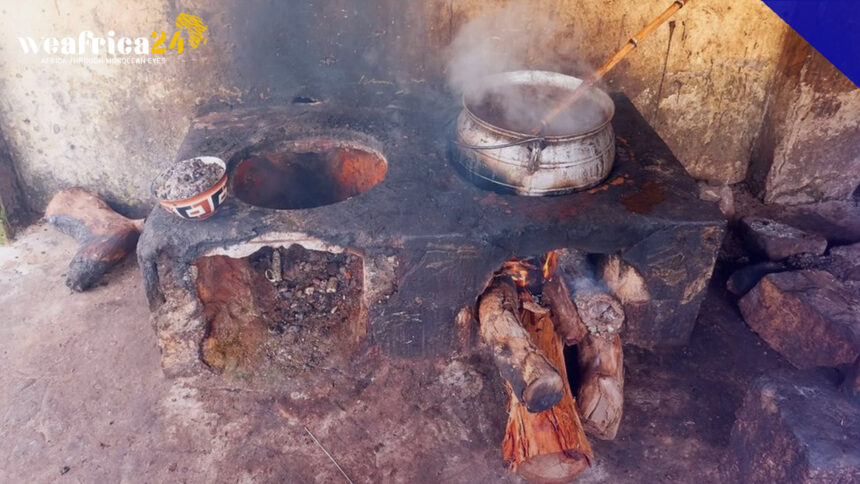In response to the skyrocketing cost of cooking gas, many Nigerians are turning to charcoal as an alternative fuel source. According to the Nigerian Bureau of Statistics, the price of cooking gas has nearly doubled this year, putting a strain on household budgets.
However, experts in climatology warn that charcoal has adverse effects on public health and the environment.
“For me, it’s a matter of necessity. With the high cost of cooking gas, charcoal is the more affordable option for now. It helps us get by,” revealed Hausa Ahmadu Husseini, a resident of Jos.
“Times are tough. I’m glad people have found an alternative in charcoal,” shared Hausa Ruth Sunday, a charcoal vendor.
The Nigerian Bureau of Statistics reports a 46% increase in the price of cooking gas in February compared to the previous year, with a 12.5 kg cylinder now costing approximately $20.
Despite being an oil-producing nation, Nigeria imports most of its refined products, including gas, which merchants argue contributes to the problem.
“You know what it costs in foreign exchange to refine this product and bring it back here for local consumption. So, it’s one of the major factors responsible for the surge in cooking gas prices,” explained Alfred Mgbejume, a gas merchant.
Climate change experts assert that while charcoal may be more budget-friendly, it poses significant risks to public health and leads to continued deforestation.
“We’re starting to see an increase in hospital visits due to respiratory illnesses, particularly in Nigeria, and we can attribute this to the continued and increased use of charcoal and firewood… in forests, we’re rapidly losing species, and forest biodiversity is declining,” stated Plangnan Samson Tadin, a climate change activist.
Environmental advocates are urging the government to repair refineries and resume domestic oil refining to alleviate the situation.
The government claims to be working on repairing refineries that have been closed for years. Ministers assert that one of the refineries, located in Port Harcourt in the southwest of the country, should be operational by the end of the year.
However, refinery repairs could take significant time and resources, leaving those unable to afford cooking gas to continue resorting to alternatives like charcoal.







